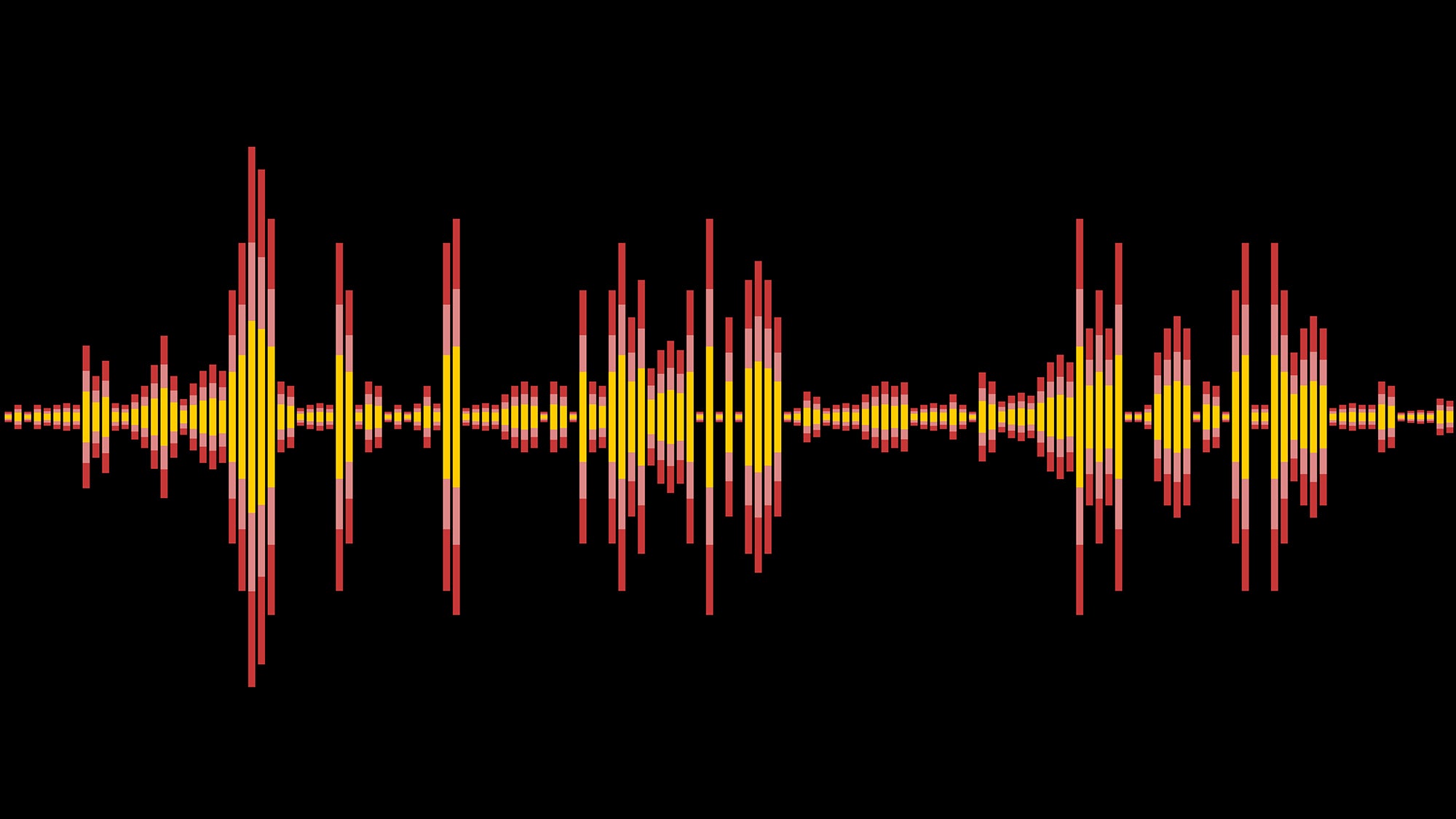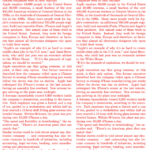The Federal Trade Commission is providing an award of up to $25,000 for the most creative proposal aimed at combating the latest tool utilized by scam artists. The Voice Cloning Challenge, which was introduced last fall, is now officially open for submissions. The competition is focused on soliciting ideas that deal with the prevention, surveillance, and evaluation of the misuse of AI-generated voice cloning technology.
Recent progress in deepfake audio technology has advanced to a stage where about 25% of unsuspecting individuals can be misled into believing that a synthetic voice is authentic. This development underscores the rapid progress of artificial intelligence in analyzing and imitating human speech patterns. While this technology shows potential in aiding individuals with speech impairments, malicious individuals have abused it for malicious purposes. For instance, criminals employed AI-generated deepfake audio to orchestrate a fake kidnapping in Arizona in April 2023, with the intention of extorting ransom from a mother. Moreover, AI-generated replicas present potential risks to creative professionals like musicians and actors, as they could be impersonated through cost-effective means.
Staying informed about the latest advancements in AI voice cloning capabilities is essential; however, awareness alone may not be sufficient as a protective measure. The FTC initially launched the Voice Cloning Challenge in November 2023 to promote innovative solutions for combating harmful voice cloning practices. The submission portal for the competition was activated on January 2 and will be open until January 12 at 8 p.m. ET.
As per the FTC, submissions will be assessed based on their feasibility, emphasis on reducing consumer risk and liability, and the adaptability of the proposed solutions in a swiftly evolving technological environment. Contestants must present a brief abstract and a comprehensive description of their proposed product, policy, or procedure within a ten-page limit. Additionally, participants have the choice to include a visual presentation illustrating the feasibility of their concept.
To qualify for the \(25,000 grand prize, a \)4,000 runner-up prize, and up to three $2,000 honorable mentions, submissions must tackle one or more of the following issues related to voice cloning:
- Implementing identification or prevention methods to discourage unauthorized voice cloning activities.
- Developing real-time recognition or monitoring capabilities.
- Offering solutions for post-use analysis to identify cloned voices in audio recordings.
The America Competes Act, which assigns funds for government agencies to host competitions focusing on technological innovation, empowered the FTC to supervise the Voice Cloning Challenge alongside five other contests. Prior initiatives under this act aimed at reducing illicit robocalls and enhancing the security of Internet of Things devices.
The winners of the competition are anticipated to be revealed within 90 days of the submission deadline. Participants are urged to ensure that any instances of AI voice cloning in their submissions have been sanctioned by the original human source. Unauthorized use of voice cloning technology undermines the goals of the FTC challenge and could result in disqualification.






